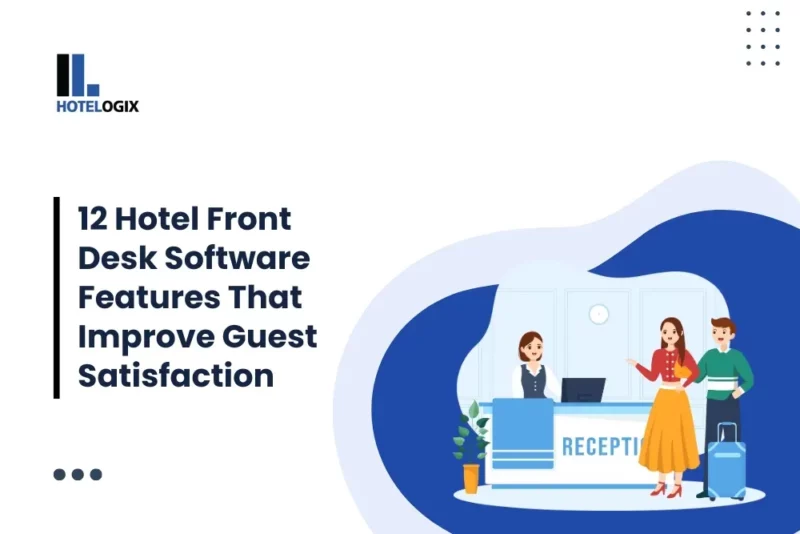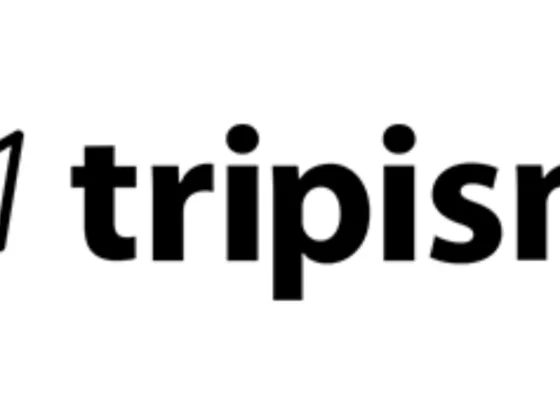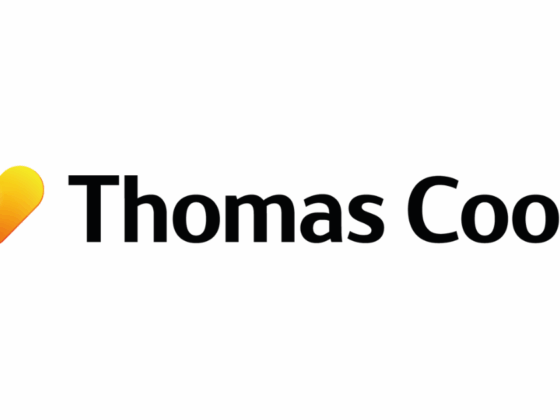
Many hoteliers are obsessed with customer acquisition (and that’s understandable!) but they often end up neglecting customer retention. Yet, this is a considerable lever of profitability for hotels. In order to effectively work on customer retention, it is of extreme importance to collect and store your clients’ information. In this article we’ll cover how to use them to in your favor.
Table of Contents
Why should you store your customer data
Any hotelier is aware of the fact that the cost of acquisition is quite a significant cost. This should be justified by the room price, the number of nights booked by your clients, etc. However, the costs of acquisition is and will always be greater than your retention cost. In fact, the latter is entirely linked to your receptionists’ time to take the relevant information and send out emails. Storing these data will then allow you to keep in touch with your previous clients and make them want to get back.
Which information should you collect from your clients ?
First of all, your ultimate goal is to get to know them. On top oh his basic information i.e. first name + last name, you should focus on elements which could be useful to keep in touch with them with customised offers . We have made a short list for you:
Email-address. The essential! You must get it for every customer as it is mandatory. Here you can find out how to efficiently retrieve 100% of your customers’ emails. This is the best way to maintain a relationship with your client after their visits. If you only had to collect one piece of information, that would be it.
Reason for his/her stay: Is it a business trip? A family holidays? This will allow you to carefully tailor your offers to their specific needs.
How did they find you? This allows you to evaluate the performance of your Adwords ads, social networks, and general communication strategy.
With these 3 simple questions you can successfully build a customer profile, so to work on your retention and loyalty. Since the email address is your only mean of communication, it is imperative to use it only when appropriate. Sending too many emails could be perceived as spam and will have the inverse effect of the one desired.









